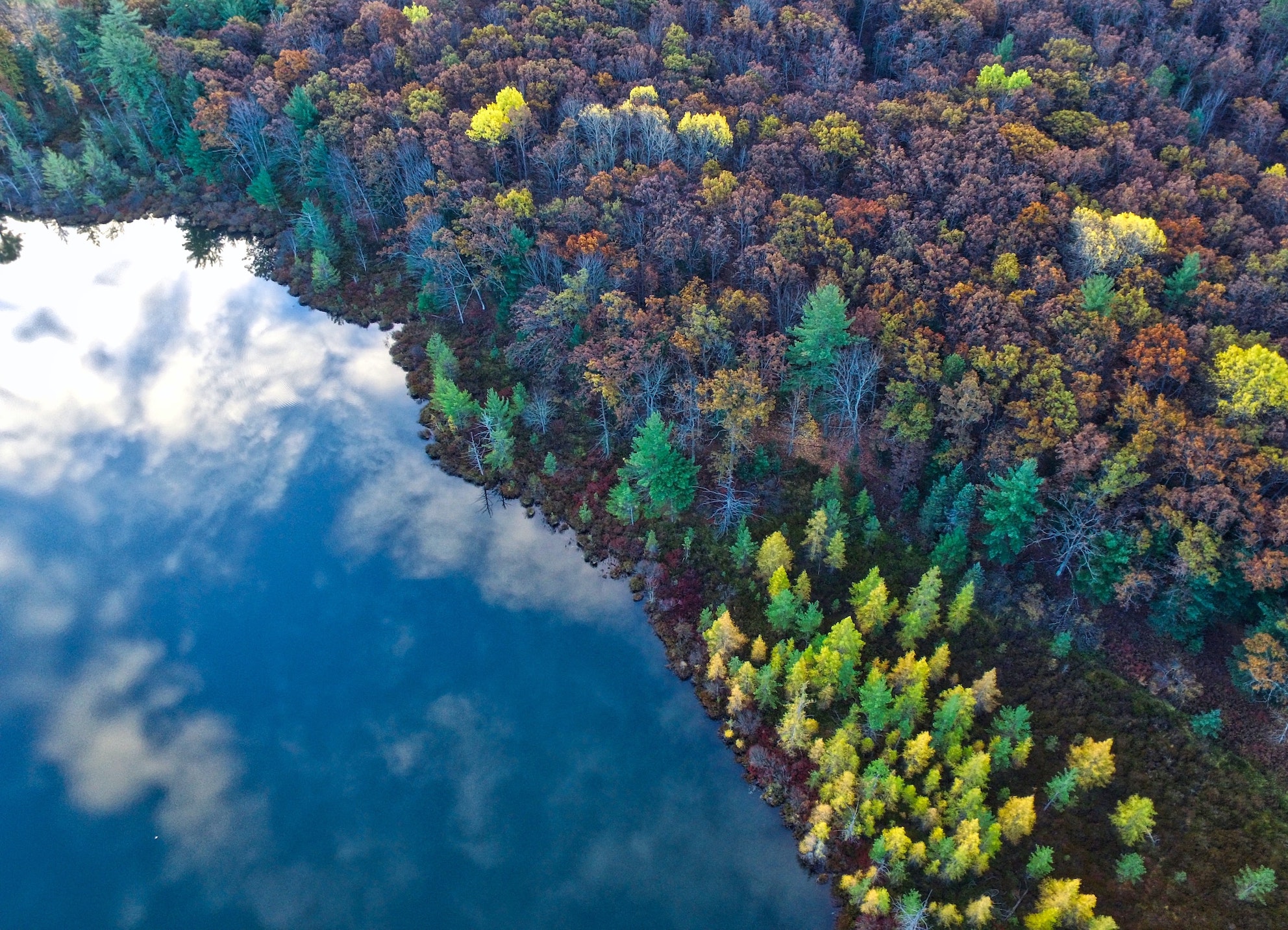14 May 2021 – conducted by Nikoleta Vasileva
In this interview, Dr Anna Oltman, researcher and lecturer at University College London, talks about human rights and the politics of refugees and asylum with Nikoleta Vasileva. She explains the key terms relating to migration and some common misconceptions in the Global North and society as a whole. She sheds light on the policy of deterrence that States adopt to discourage migration and how it affects refugees. Finally, Dr Oltman touches upon the role of gender and sexual orientation in asylum applications, as well as on some key takeaways from her research to benefit activists and displaced people alike.
Dr Oltman is a lecturer and researcher in international human rights with a focus on the politics of refugees and asylum. She has worked with several refugee resettlement agencies and is a committed advocate for displaced people and migrants regardless of immigration status. Currently, she teaches two modules on the politics of human rights at University College London and her research focuses on the institutional and political sources of compliance with international human rights agreements.
Take Aways
| 85% of refugees* worldwide are hosted in developing countries. 73% of refugees* worldwide are hosted in neighbouring countries. *This includes refugees and Venezuelans displaced abroad 39% of refugees are hosted in only five countries: Turkey – 3.6 million Colombia – 1.8 million Pakistan – 1.4 million Uganda – 1.4 million Germany – 1.1 million |
| Relative to their national populations, Lebanon hosted the largest number of refugees (1 in 7). Only a fraction of the millions displaced found a solution during 2010-2019, “A Decade of Displacement” 40% of the forcibly displaced persons were children: An estimated 30 – 34 million of the 79.5 million forcibly displaced persons were children below 18 years of age. |










